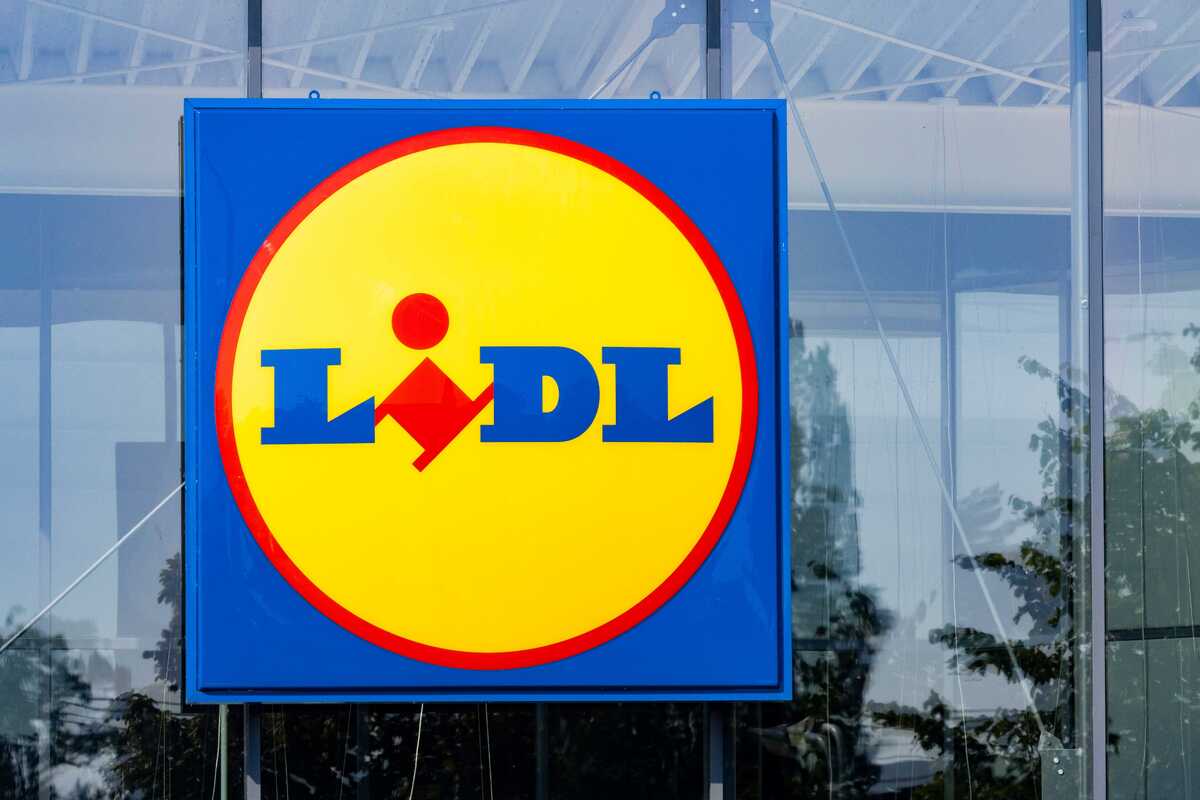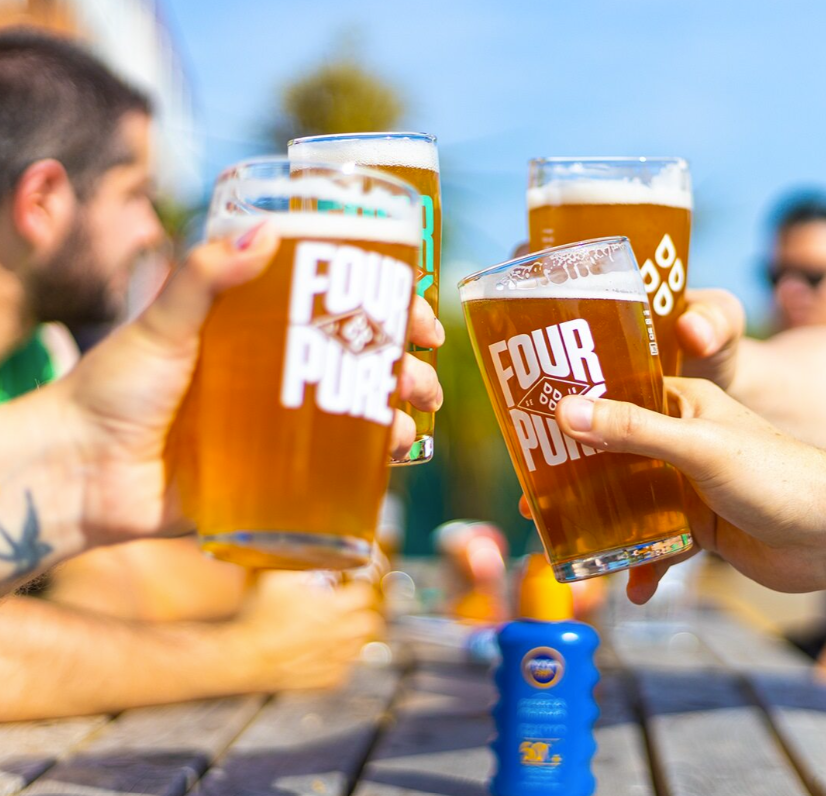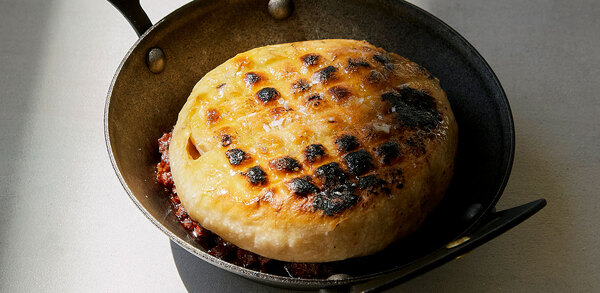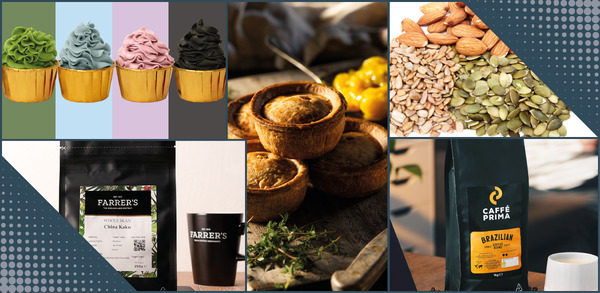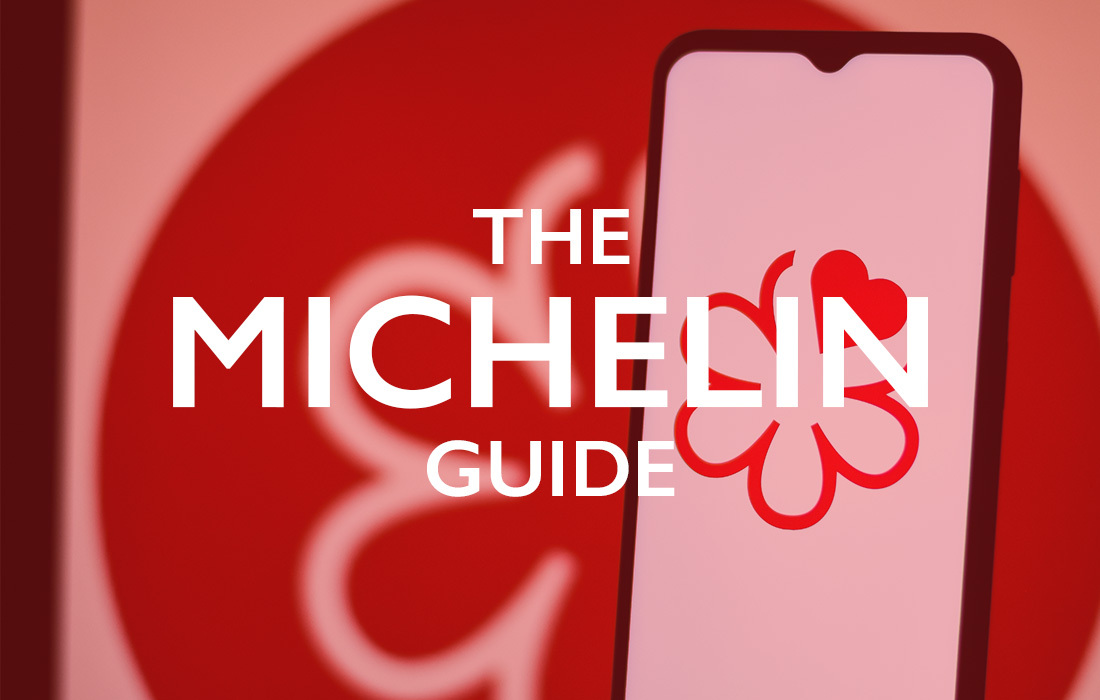Catering professionals feeling positive about 2018
Around 76% of catering professionals expect to hit their 2017 planned growth, while 80% have a slightly or very positive outlook for their business in 2018.
This is according to the Autumn 2017 Nisbets Pulse Survey, which surveyed more than 400 catering professionals.
Driving the positivity was an increase in UK mini breaks and ‘staycations', with many respondents highlighting diversification into new areas such as street food as key reasons for their optimism.
Connecting and engaging customers
The survey also looked at how the industry chooses to promote their business and what they consider to be the most effective methods of marketing.
Word of mouth, social media and a business website were reported as the three most impactful, with 34% seeing word of mouth as the key influencer. This is backed up further by the impact of customer review sites, specifically TripAdvisor, where 72% felt that the site had had a positive impact on their business.
Facebook appears to resonate with the industry with 52% of respondents preferring to use it to market their business, followed by 20% using Twitter and 18% using Instagram.
Evolving food trends
Given 93% cite that social media has had a positive impact on their business, the content posted online is extremely important and sharing a business's views with regards to food trends, menu development, sourcing and other topical issues is an ideal way to engage with an audience.
In terms of food trends within the catering industry, healthy eating continues to lead the way with 30% (up from 28% in the Spring Pulse Survey) of respondents referring to this trend as still being the most important for them.
Vegetarian food is still key with 15% referencing it as the second biggest food trend, prompting more operators to increase the number of vegetarian dishes on their menu.
With small plates/sharing platters (13%), home cooked (11%) and local sourcing (10%) also identified as trending, the biggest concern for a business was identified as the costs associated with catering to these trends.
Cost concerns
37% of survey respondents said they reviewed costs ahead of trends and consumer demand, with over 60% reporting the number one food trend of healthy eating was impacting their costs and/or profits. This follows on from the Spring Pulse Survey where 65% of respondents felt the cost of raw ingredients had risen sharply since the UK voted to leave the EU.
Overall, the catering industry is anticipating a positive 2018 despite some uncertainty around Brexit and the impact of increasing costs. Keeping ahead of evolving food trends and engaging customers through excellent service and experiences as well as interaction via social media, appears to be the way the industry is currently prospering.
Only 30% of hospitality businesses optimistic about 2018 >>
Food trends: what's new for 2018? >>
Five restaurant trends for 2018 >>
Videos from The Caterer archives




